Measles and mumps might sound like diseases of the past but they’re making a comeback in the U.S.
The Centers for Disease Control and Prevention (CDC) announced at the end of May that measles cases in 2014 have reached a 20-year high in the U.S.
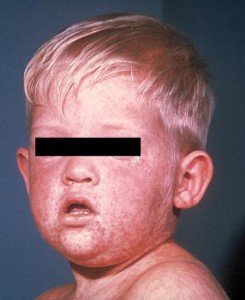
This 1963 photo shows a boy with a measles rash on his face.
Photo: Courtesy of the CDC Public Health Image Library
In Wisconsin, there have been 2 measles cases so far in 2014 and the state is in the midst of a widespread mumps outbreak, with 56 cases confirmed by laboratory testing as of July 21st.
Measles and mumps are categorized as vaccine-preventable diseases (VPD). These are diseases – along with rubella, pertussis, meningitis, chickenpox and others – that can be prevented or have their disease impact limited by vaccinations.
As cases declined through the years, many public health laboratories shifted away from testing for VPDs to other more immediate public health priorities.
In 2012, the CDC and the Association of Public Health Laboratories (APHL) recognized that while public health laboratories need VPD testing capability, perhaps not every lab needs to be doing the testing. So they created the VPD Project as a pilot and designated 4 state public health laboratories — including the Wisconsin State Laboratory of Hygiene (WSLH) — as VPD Reference Centers.
The VPD Reference Centers utilize CDC test methods to provide routine VPD testing capacity for other public health laboratories as well as surge capacity for CDC in case of a large-scale outbreak. The four centers (Wisconsin, Minnesota, California and New York) also utilize HL7 messaging to electronically send test results to CDC, strengthening public health informatics capability between state labs and the CDC.
The WSLH, a part of the University of Wisconsin-Madison, is not only performing viral and bacterial VPD testing for 18 state and local public health laboratories across the country, it is also the only VPD Reference Center providing test performance evaluation panels to public health laboratories.
According to WSLH Communicable Disease Division Director Dr. Peter Shult, the idea of regional reference centers like the VPD pilot project makes sense both economically and practically.
“These VPDs are resurging for various reasons but the capabilities and capacities in public health laboratories have waned over time,” Shult explains. “For some of these diseases, there aren’t many testing technologies and it doesn’t make sense for all public health laboratories to ramp up capabilities, which costs money, for all these diseases. Regional reference centers provide enhanced capacity for the public health laboratories and the millions of people they serve, as well as for CDC.”
For More Information:
Measles — http://www.cdc.gov/measles/index.html
Mumps — http://www.cdc.gov/mumps/index.html
APHL Vaccine Preventable Diseases — http://www.aphl.org/aphlprograms/infectious/emerging/Pages/re-emergence.aspx
Written By Jan Klawitter, WSLH Public Affairs Manager
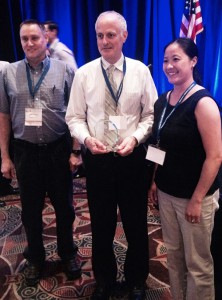
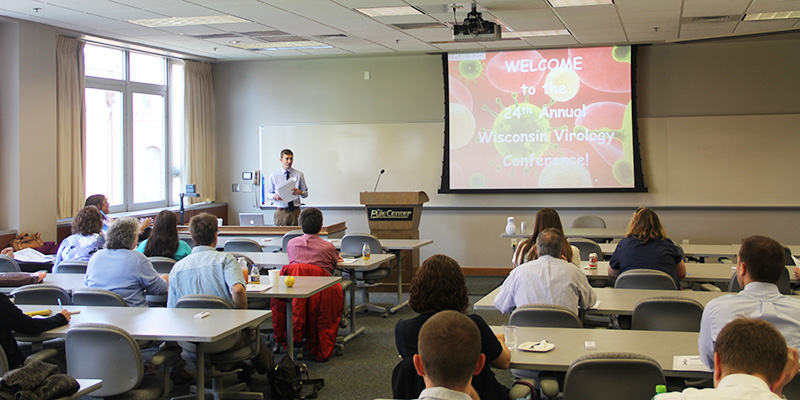
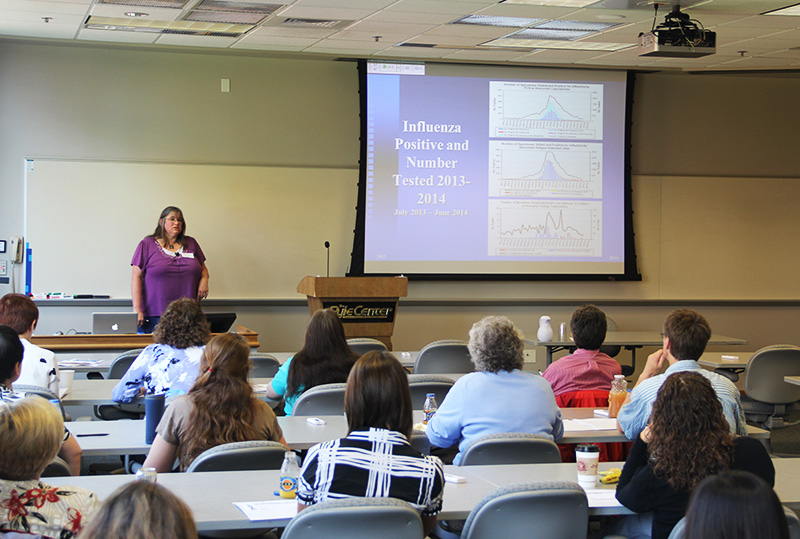
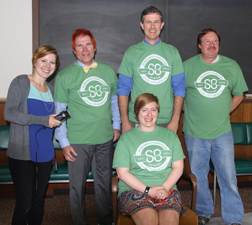
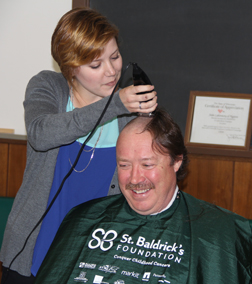
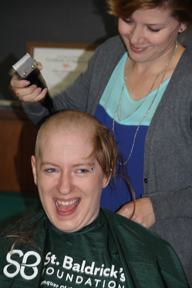
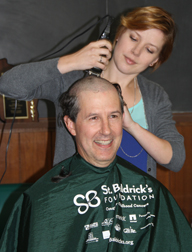
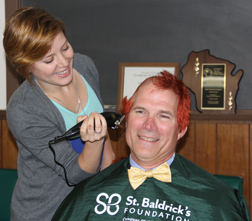
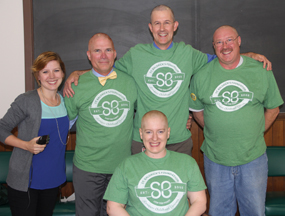

 The University of Wisconsin (UW)
The University of Wisconsin (UW)